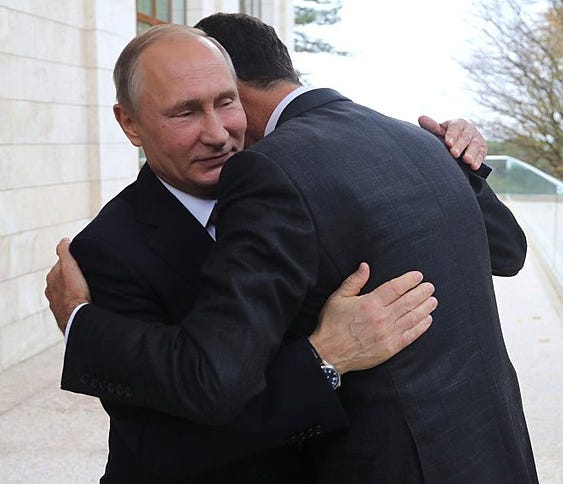
It’s odd how the world holds together. Actions have consequences, and many of those consequences are unintended. Pulling one thread on the tapestry of international relations can have radical effects in other regions.
The regime of Bashir al-Assad, a key ally of Russia and Iran, has fallen. While we should in no way underplay the actions of Assad’s opposition in-country, we should also look at how Russia's invasion of Ukraine contributed to al-Assad’s fall. Moreover, we must consider how the collapse of Russia’s ally in Syria threatens to undermine Russia’s ability to project power into the Middle East, Africa, and the Mediterranean.
Syria is an accident of history
The region now known as Syria is in the center of the Levant, known in Arabic as the ash-Sham. It has included numerous kingdoms and empires as far back as the third millennium BCE.
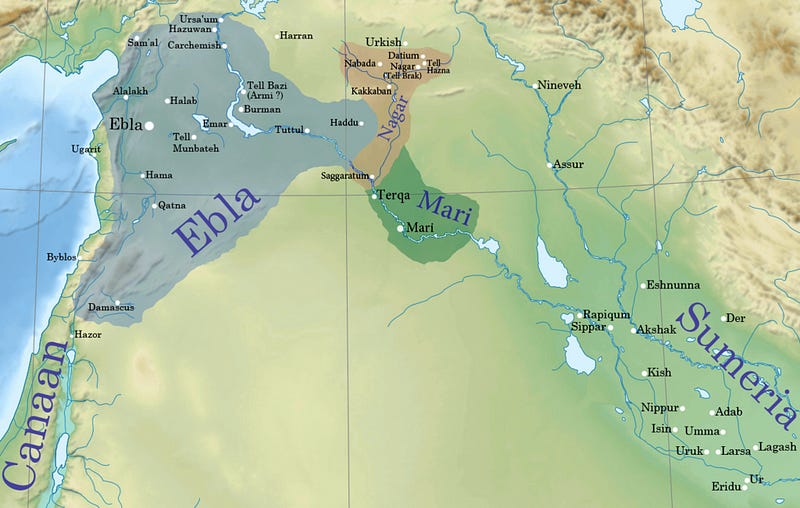
The Ottomans ruled these lands for centuries, beginning in the early 16th century. Before that, Syria was a province of a Sultanate centered in lower Egypt.
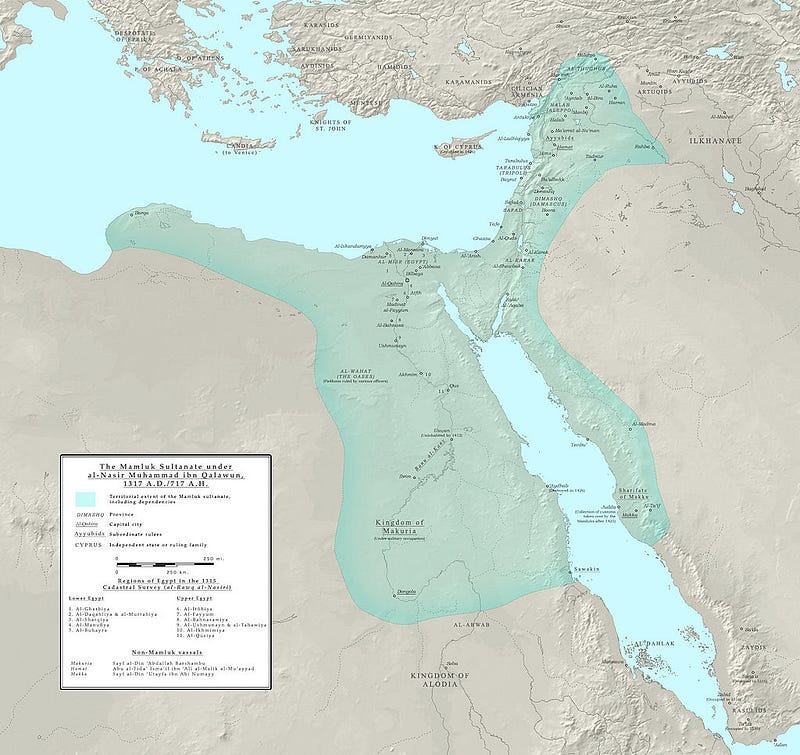
Today, Syria shouldn’t be considered a country. Most countries are built around one or more geographic cores, with connected population centers built around access to water and arable land or a sense of a shared national identity. Without this water, land, and connected geographic cores, Syria has grown into a patchwork of ethnic conclaves without a shared national identity at the frontier of other people’s empires.
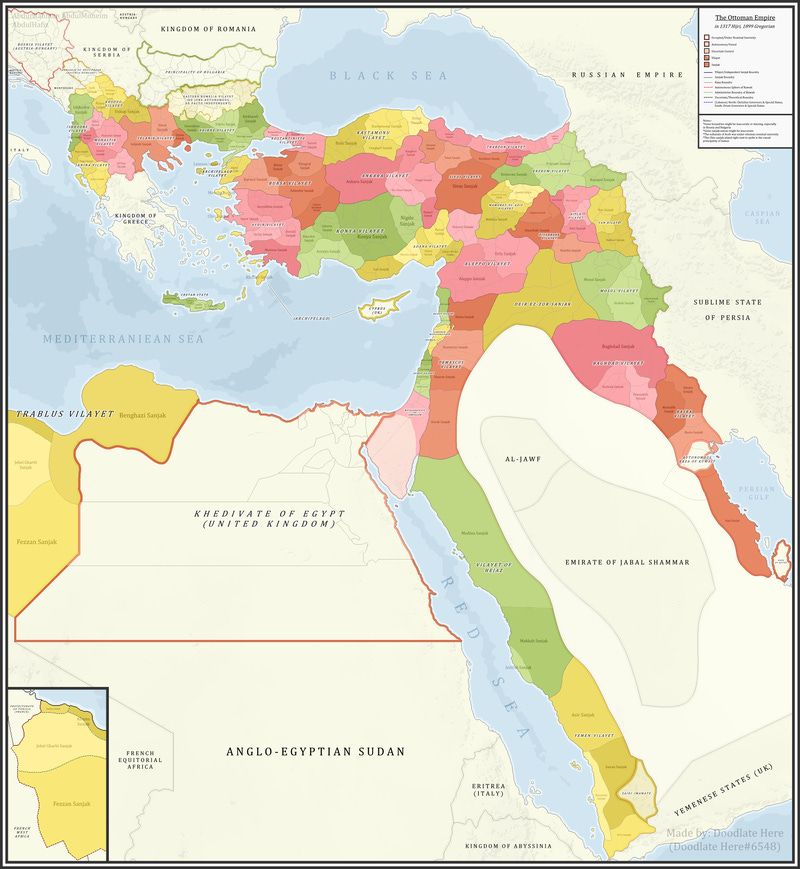
The Ottoman Turks usually worked through local elites, but in the mid-19th century, the Ottomans moved to equalize the status of their Muslim and non-Muslim subjects. This triggered greater alienation between the communities in the Syrian regions, culminating in massacres in the late 19th century and the emergence of a Christian-dominated Lebanon. It also compounded the fractures between Arabs and Christians, just as Zionists began to buy up land in the Southern Syrian provinces during and after World War I.
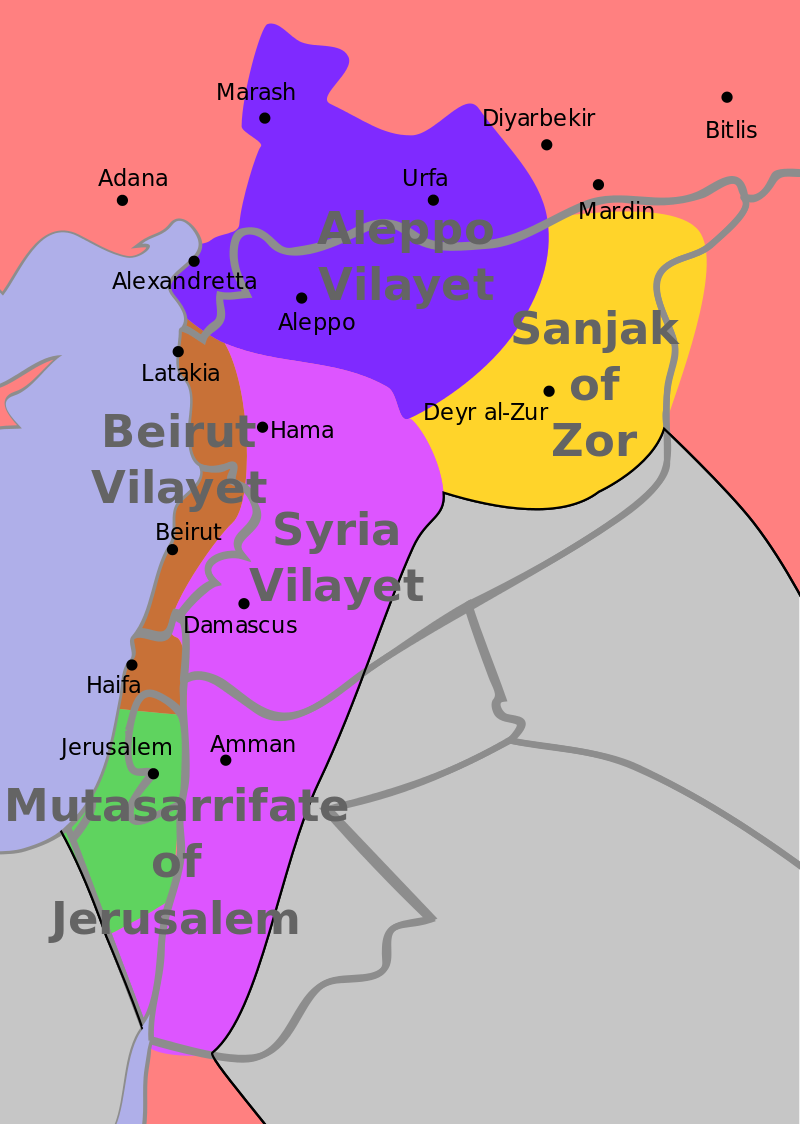
When the modern Syrian state was established in the mid-20th century, other imperial powers had already divided their lands.
Keep reading with a 7-day free trial
Subscribe to World Security and Global Political Economy to keep reading this post and get 7 days of free access to the full post archives.




